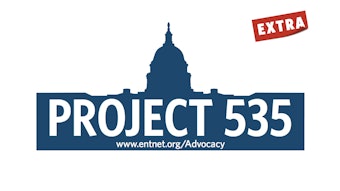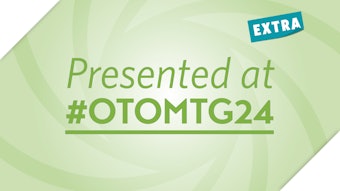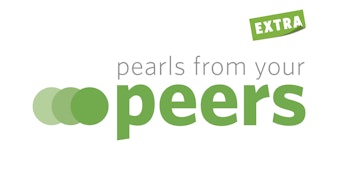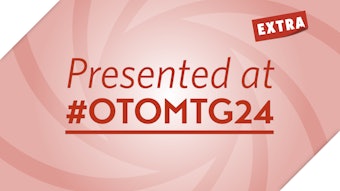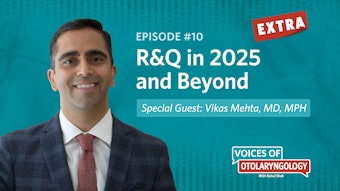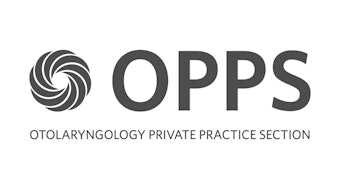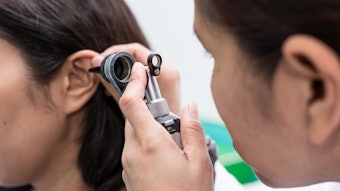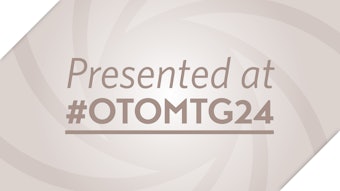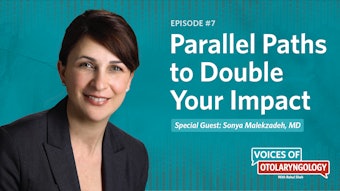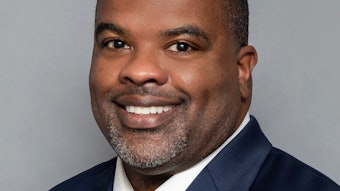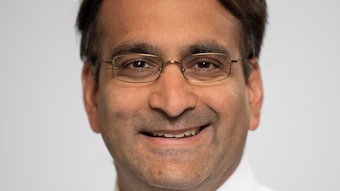Why I Chose Private Practice
A long-time member shares reasons she went into private practice and why it has been the right choice for her.
Mary T. Mitskavich, MD,* on behalf of the Otolaryngology Private Practice Section
*See end of article for author disclaimers.
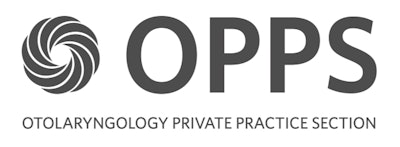
 Mary T. Mitskavich, MD, otolaryngologist-head and neck surgeon, Coastal Ear, Nose, and Throat, LLC, New Jersey
Mary T. Mitskavich, MD, otolaryngologist-head and neck surgeon, Coastal Ear, Nose, and Throat, LLC, New Jersey
Autonomy in Patient Care
One of the most significant reasons I chose private practice was the autonomy it affords in patient care. As a private practitioner, I have the freedom to shape the care I provide without being constrained by institutional policies, referral mandates, or academic protocols. This autonomy allows me to prioritize what’s best for my patients and tailor my approach to meet their individual needs. Decisions about treatment plans, operational management, and patient scheduling are made with my direct involvement, ensuring that the focus remains on providing high-quality, personalized care.
Building Meaningful Relationships
Private practice has enabled me to build long-term, meaningful relationships with my patients and their families. In this setting, I’ve had the privilege of seeing patients over the years, watching them and their families grow, and becoming a trusted part of their healthcare journey. These relationships create a sense of connection and purpose that I find deeply fulfilling.
Entrepreneurial Opportunity
Another compelling aspect of private practice is the opportunity to build and manage a business. As the managing partner of a practice I helped establish, I’ve had the chance to shape every aspect of the organization, from hiring and training staff to designing workflows that enhance efficiency and patient satisfaction. The culture was mine to shape. Expansion and the addition of a surgery center were team decisions. This entrepreneurial element adds a dynamic and creative dimension to my work that goes beyond clinical practice. Involvement makes physicians feel valued, which decreases burnout.
Flexibility and Work-Life Balance
Although private practice comes with its own set of demands, it also offers a level of flexibility that can be hard to find in other settings. I have the ability to set my schedule, delegate tasks to trusted team members, and prioritize both professional and personal commitments. This flexibility has been invaluable in achieving a work-life balance that supports my well-being and allows me to be present for my family and personal interests.
Community Impact
Being part of a private practice has also allowed me to engage deeply with my local community. I’ve been able to contribute to the health and well-being of the people who live and work in the same area that I call home. Whether it’s through charity care, educational initiatives, or simply being available when patients need me, I’ve found immense satisfaction in making a tangible difference in my community.
Adaptability in a Changing Healthcare Landscape
The healthcare landscape is constantly evolving, and private practice offers the ability to adapt quickly to changes. Whether it’s implementing new technologies, adjusting to regulatory requirements, or exploring innovative care models, private practice has provided me with the agility to respond effectively. This adaptability ensures that my practice remains patient-centered and forward-thinking, even in the face of external challenges. Decisions in academia, for instance, often move at a glacial pace as they progress through the hierarchy.
Challenges and Rewards
Private practice is not without its challenges. Managing a business, navigating reimbursement complexities, and staying competitive in a changing market require dedication and resilience. However, these challenges have also been some of the most rewarding aspects of my career. They have pushed me to grow as a leader, problem-solver, and advocate for my patients and staff. It is paramount to hire administrators that share your culture. Get the right people on the bus to ensure success. Take the time to hire managerial staff that share your culture and pay them a good wage.
A Legacy of Excellence
As I approach the last chapter of my career, I take great pride in the legacy my private practice represents. The relationships I’ve built, the care I’ve provided, and the team I’ve cultivated are a testament to the values that inspired me to choose this path. Private practice has allowed me to leave a lasting impact on my patients, my community, and the field of otolaryngology.
In conclusion, choosing private practice was not just a career decision but a reflection of my commitment to autonomy, personalized care, and community engagement. For those considering this path, I can confidently say that while it requires dedication and effort, the rewards are immeasurable. Private practice has been a fulfilling and meaningful journey, and I am grateful for the opportunity to have made a difference in the lives of so many.
Author disclaimers: Mary Mitskavich, MD, is managing partner of Coastal Ear, Nose, and Throat, LLC, in Neptune, New Jersey. The author used AI to help structure and refine this article after it was written. The thoughts and perspectives expressed here are the author’s.
For more pearls for your practice, leadership discussions, practice management tools, and insights into the future of otolaryngology, register today for the AAO-HNS/F 2025 OTO Forum, happening April 25–26, 2025, at the Westin Alexandria Old Town in Alexandria, Virginia.

